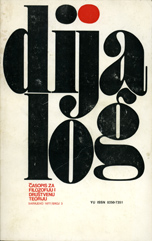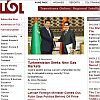
Around the Bloc: Ukraine Faulted Over Foreigner Abductions, Estonian Air’s Future in Doubt
Plus, bitter Albanian political rivalry immobilizes election commission and Putin grants Gerard Depardieu Russian citizenship. Around the Bloc is TOL's daily digest of the important, the trivial, the tragic, the weird, and the sober from its coverage region.
More...

